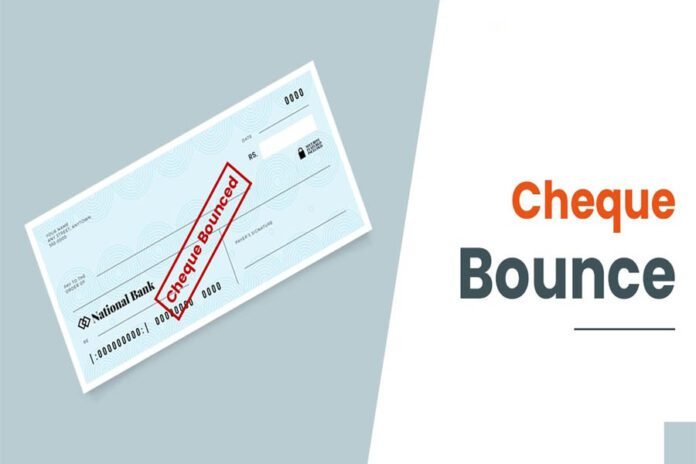In the realm of banking, a bounced Cheque is referred to as a Dishonored Cheque. Despite its seemingly minor nature, according to Section 138 of the Negotiable Instrument Act 1881, bouncing a Cheque is deemed a punishable offense, carrying provisions for imprisonment, fines, or both. However, encountering a bounced Cheque doesn’t automatically lead to prosecution. Typically, banks afford individuals the opportunity to rectify the mistake before taking legal action. Here’s what you need to know about the reasons for Cheque bouncing, associated fines, and the legal process involved:
Reasons for Cheque Bounce:
- Insufficient or zero balance in the account
- Signature mismatch
- Spelling errors
- Incorrect account number
- Overwriting
- Expired Cheque
- Closure of the Cheque issuer’s account
- Suspected forgery
- Absence of a company stamp on the Cheque, among others.
Rectifying a Bounced Cheque:
Upon a Cheque bouncing, the bank notifies the issuer. Subsequently, the issuer typically has a three-month window to issue a replacement Cheque. Failure to do so can lead to legal repercussions at the creditor’s discretion.
Fines Imposed by Banks:
Banks levy penalties for bounced Cheques, with the issuer being responsible for paying the fine. The amount of the fine varies, typically ranging from Rs 150 to Rs 750 or Rs 800, depending on the bank and the specific circumstances.
Legal Action:
Legal action may be pursued if the issuer fails to rectify the bounced Cheque. Initially, the bank provides the creditor with a receipt detailing the reason for the Cheque’s dishonor. Following this, the creditor may send a notice to the debtor within 30 days. If the debtor fails to respond within 15 days, the creditor can approach the court. Legal proceedings can be initiated by filing a complaint in the magistrate’s court within a month. If found guilty, the individual may face imprisonment for up to two years, a fine, or both.
Understanding these processes and regulations can help individuals navigate the repercussions of bounced Cheque effectively, ensuring compliance with legal requirements and financial responsibilities.


